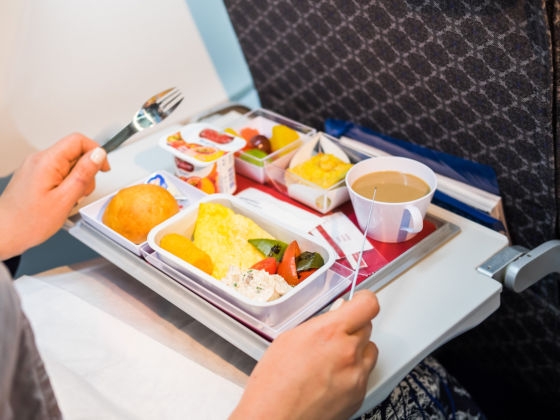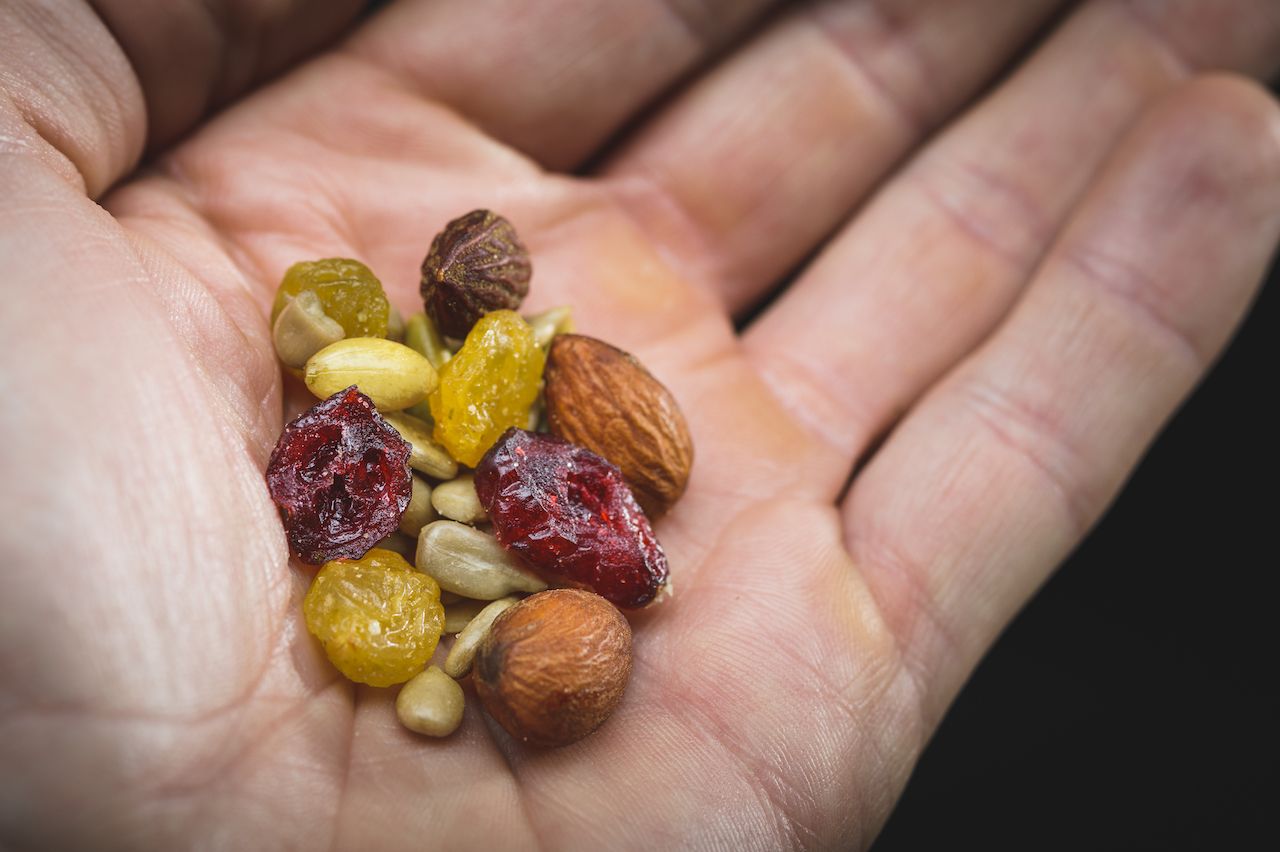It’s no secret that airline food can vary greatly, from three-course meals prepared by a chef in first class to a pack of peanuts served in economy. What we eat in the air has a big impact on our flight experience. In the best case we’re left full and satiated, but if you choose (or are given) the wrong type of foods, you’ll be even more dehydrated, reduce circulation, and, to the pain of your fellow passengers, have flatulence.
Dante never could have imagined modern air travel, but I’m pretty sure sitting in the middle seat between two travelers passing gas for hours qualifies as one of the deepest circles of hell.
For the wellbeing of yourself and your co-travelers, eat right and follow this guide on what food you should avoid eating before, during, and after your flight.

